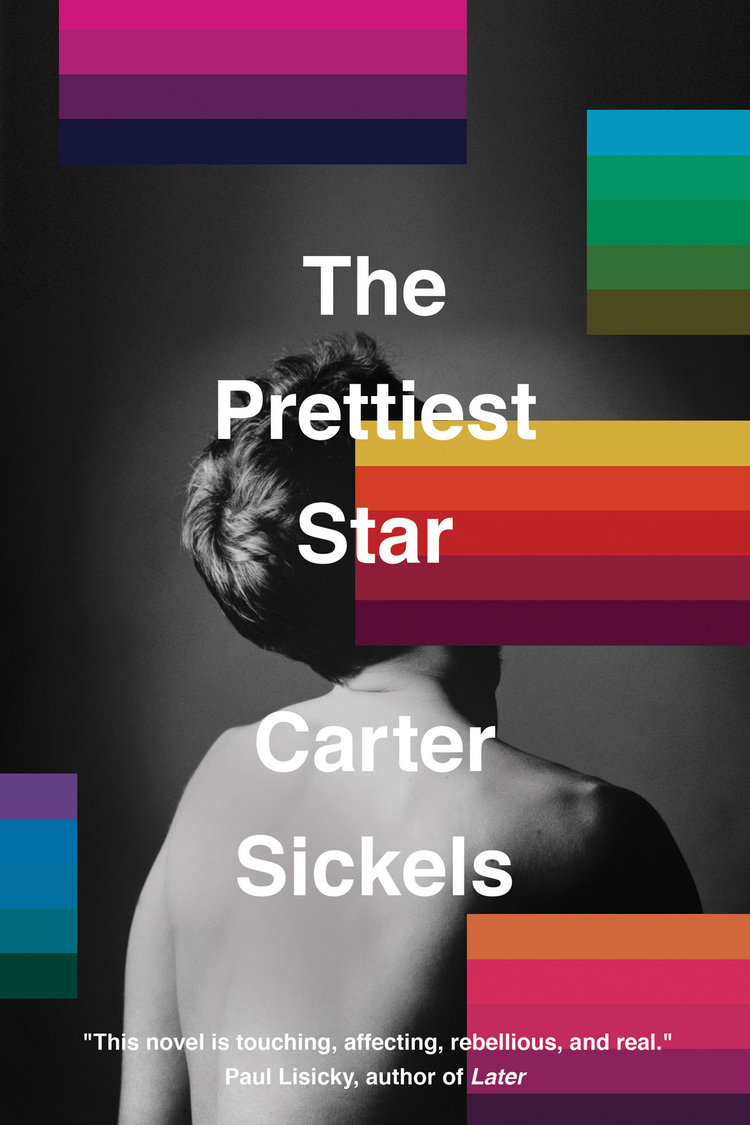What do you think?
Rate this book


288 pages, Hardcover
First published May 19, 2020
“AIDS is a story of America, he said. It’s a story that must be told.”It’s a haunting, devastating and heartbreaking story. It’s been a few days since I finished it, and I’m still shaken up and raw with emotions - and very very angry.
“In AIDS years, does age even matter? Before New York the only funeral he’d ever been to was his grandfather’s, a man he hardly knew. In the last two years he’s been to nine—all men between twenty-five and forty-five. How many others does he know who are sick? They don’t always tell each other. He doesn’t want to go to any more funerals.”It’s 1986. Thousands of mostly young and formerly healthy lives have been lost in the devastating epidemic at this point still largely ignored by the government and viewed as “God’s way” of scourging the sinners - the ones who dared to love “unconventionally” - by all those self-righteous, small-minded , intolerant and very afraid, those hearing of the sins and the punishments for those who see the “otherness” and not the people.
“It’s hard to believe when we’re all dying and everyone’s telling you this is part of God’s plan.”Brian is only 24, and he knows he is dying. Six years ago he left his tiny rural Ohio hometown for New York where he was finally able to live openly and happily, be himself, accept his sexuality and find his new *chosen* family that accepts him as he is.
“I remembered, before AIDS, when young, healthy, handsome men just didn’t die. I remember—barely—a time when all of us weren’t so sad or scared.”But by 1986 most of his friends have died or are dying, his boyfriend has died from AIDS, and Brian has just a few months left himself. Brian knows he is dying, too - and he makes a decision to leave the place that he used to love but that now is a graveyard to him, and return to his estranged family before he dies.
“Sometimes I burn with anger, and I want to fight, to be seen. But most of the time, I’m just scared or tired. On my worst days, I feel the shame most of the world wants me to feel.I could not stop thinking about the value of the *chosen* family over the blood family for Brian - and for many of us. Brian’s blood family has failed him. With exception of his grandmother, the rest are paralyzed by fear of judgement and disease, the prejudice and the shame and the lack of acceptance of their son, brother, nephew, cousin.
I understand why my parents don’t want people to know, but that doesn’t mean it doesn’t fucking hurt.”
“Still, I’ve heard worse. Parents who refuse to touch their son, who make him eat in a separate room, who do not visit him on his death bed, who bleach whatever he touches, who do not claim his body from the morgue.It is instead a small group of people - the chosen family - who rise up to the occasion and step up to help the lonely and afraid - and so very young - dying man. His former roommate Annie who has seen so many of her friends die from AIDS already. his grandmother Lettie who, unlike the rest of Brian’s kin sees him as a person she loves instead of a scary “other”. Andrew, a local openly gay man who extends support and comfort when nobody else does - and who does not think twice about helping with the bodily horrors of advanced AIDS illnesses.
Could be worse.”
“I could have swam to the bottom. Could have drowned in the Hudson. But I came back here. Why? Why does anyone go home? You come back to be seen, to be accepted, and to be loved.”
“But, Shawn—he wanted me to document the harder stuff. Even wanted me to record him in the hospital, dying. I couldn’t do it.It’s the story of the time that we must remember, a story of the time so dark it’s hard to believe it was not of the Dark Ages. We have to remember - or learn - the sadness and anger and the horror of “othering” based on nothing but prejudice.
I didn’t understand then, but I think I do now. The world is ignoring us. We’ve got to document, even if it’s just me talking to the camera in my parents’ basement. At least I’m here. A face, a voice. The world wants to silence and disappear us. Well, here I am. Look at me.”
5 stars. 5 brightest, prettiest stars.
“We live our lives not realizing which moments are special or which are ordinary—what will we remember, what memories will we try to grab onto, to hold close? All of these moments that make up a life.”
"I think people are more scared of me being gay than they are about me having AIDS."